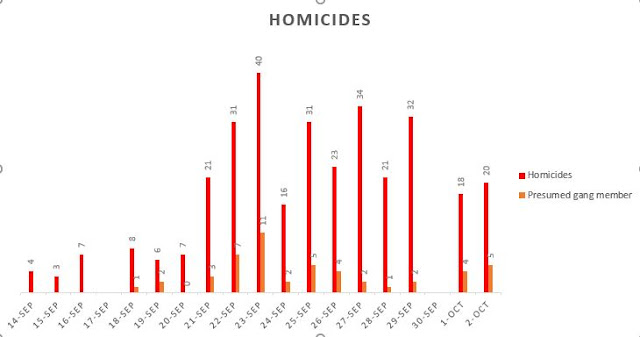A helicopter crash and a financial fraud

El Salvador's police and security forces were burying eight of their own this week. The director of the National Civilian Police, Mauricio Arriaza Chicas, and seven other members of the police and armed forces were killed last Sunday night when the helicopter they were flying in crashed in eastern El Salvador. They died along with a fugitive banker wanted in a corruption case who was being returned to face justice in El Salvador. From the Associated Press report of the event: El Salvador’s military says the national police director, other high-ranking police officials and a fugitive banker were among nine people killed in a military helicopter crash in a rural part of the country. The cause of the crash on Sunday night is under investigation. It occurred after the banker, Manuel Coto, was captured in Honduras over the weekend and handed over to Salvadoran authorities at the border. Coto, the former manager of the COSAVI savings and loan cooperative, had been the subject of an Int...







